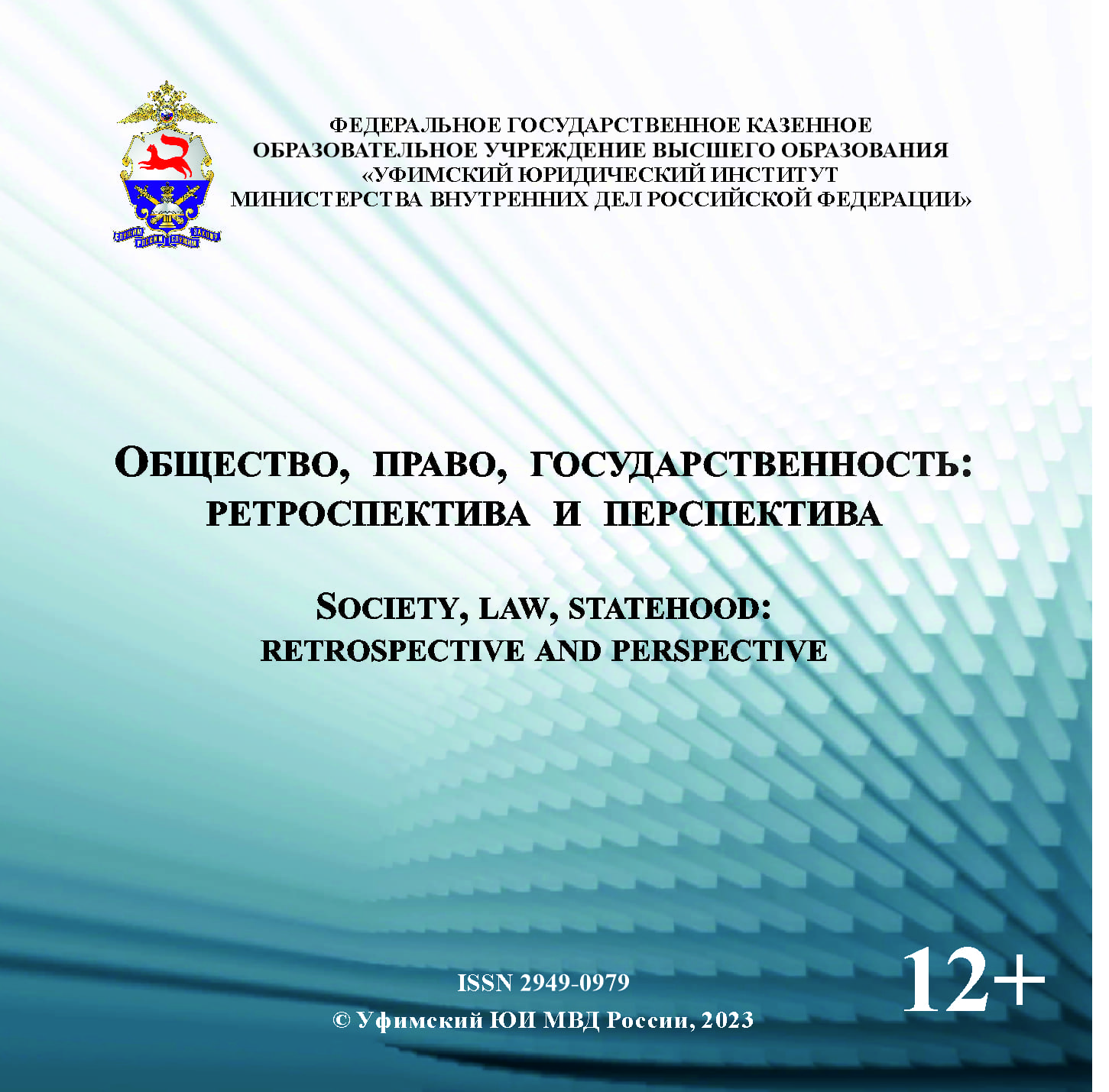from 01.01.2024 until now
Ufa, Russian Federation
UDC 005
The article examines the problems and relevance of the implementation of the project approach to improve the efficiency of the organization and management of educational and scientific activities of a budgetary institution of higher education. The application of the project approach will ensure the achievement of target indicators and the fulfillment of development plans, and thus increase the efficiency of state budgetary institutions of higher education. The use of the project approach in the management of state budgetary institutions of higher education will ensure the attraction of qualified young specialists to the organization for their inclusion in project teams, attracting talented people, the growth of budgetary efficiency and an increase in the inflow of extra-budgetary funds.
project approach, management of a state budgetary institution of higher education, budgetary efficiency, retention of talented people, extra-budgetary funds
1. Tsarenko A. S. Project management. 2nd ed., Stereotype. Saint Petersburg: Lan, 2023. 236 p. (In Russ.)
2. Parfenova V. E. Project management. Saint Petersburg : SPbGAU, 2021. 42 p. (In Russ.)
3. Milosevic D. A set of tools for project management / Dragan Z. Milosevic; trans. from English by Mamontova E. V.; edited by Neizvestny S. I. M.: IT Company; DMK Press, 2010. 729 p. (In Russ.)
4. Tolstykh T. O. Project Management / T. O. Tolstykh, D. Yu. Savon. Moscow: MISIS, 2020. 42 p. (In Russ.)
5. Kosenok S. M. Project Management at the University // Bulletin of Surgut State University. 2022. Issue 3 (37). P. 16–22. (In Russ.)
6. Baklanova Yu. O. Evolution of the Approach to Project Management of Innovations: Initiative, Project, Program, Portfolio // Modern Management Technologies. 2012. No. 3. (In Russ.)
7. Ostrovkin D. L., Sandler D. G. Creating a University Strategic Development Program: Development Technology and Key Projects // Leadership and Management. 2022. Vol. 9. No. 2. P. 581–602. DOI:https://doi.org/10.18334/lim.9.2.114708. (In Russ.)
8. Sannikov D. V., Shirinkina E. V. Organizational and Activity Game as a Project Management Tool in Implementing the University Digital Transformation Strategy // Leadership and Management. 2023. Vol. 10. No. 2. P. 597–612. DOI:https://doi.org/10.18334/lim.10.2.117212. (In Russ.)
9. Moskvin S. N. Project Management in Education. Moscow: Yurait Publishing House, 2024. 139 p. ISBN 978-5-534-11817-9 // (In Russ.)
10. Gumerova Z. Zh. Features of the strategy of attracting human resources to complex scientific and technical projects. // Management and Marketing in Various Fields of Activity: Collection of Scientific Papers / edited by I. Ya. Ruvenny. Ufa: Ufa State Aviation Technical University, 2019. P. 77-81. ISBN 978-5-4221-1339-2. (In Russ.)
11. Crowe M., Debars U. Model of the New American University. Moscow: HSE Publishing House, 2017. 440 p. ISBN: 978-5-7598-1519-8. (In Russ.)
12. Polevoy S. A., Chalova A. V. Problematic issues of project activities in higher education organizations // Problems of modern education. 2019. No. 4. P. 136–143. (In Russ.)
13. Cantwell B., Marginson S., Smolentseva A. (eds). (2018) High Participation Systems of Higher Education. Oxford University Press: 496, ISBN 978-0-198-82887-7, doi:https://doi.org/10.1093/oso/9780198828877.001.0001.
14. Fowler N., Lindahl M., Sköld D. The projectification of university research: A study of resistance and accommodation of project management tools & techniques. International Journal of Managing Projects in Business, 2015. Vol. 8. P. 9–32.
15. Tukhvatullina M. A. Problems of introducing project management into the work of government bodies (personnel aspect) // State and municipal management. Scientific notes. 2018. No. 3. P. 69–72. (In Russ.)






